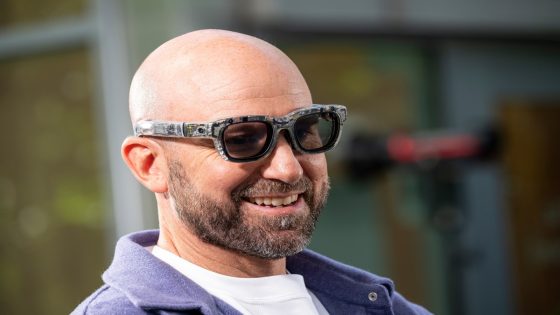In a significant shake-up within the tech industry, OpenAI is facing challenges as Meta successfully poaches several senior researchers. This recruitment drive has raised concerns about talent retention in a fiercely competitive market.
- Meta hired several senior OpenAI researchers.
- OpenAI leadership reassures team amid departures.
- Mark Chen expresses strong emotional response.
- OpenAI leaders working to retain talent.
- Meta's signing bonuses reportedly exaggerated.
On June 30, 2025, OpenAI’s Chief Research Officer Mark Chen expressed his dismay in a Slack memo, likening the situation to a home invasion. He reassured team members that OpenAI’s leadership is actively addressing these departures, stating they are working “around the clock” to retain top talent.
With reports indicating that eight researchers have transitioned to Meta, the stakes are high. CEO Sam Altman has voiced concerns about Meta’s aggressive compensation strategies, including rumored signing bonuses of up to $100 million. What does this mean for the future of innovation in AI?
This situation raises questions about the sustainability of talent in the tech industry. How will companies adapt to retain their best minds? The implications are far-reaching across various regions:
- In North America, firms may need to enhance their compensation packages.
- European tech companies could face pressure to innovate faster to attract talent.
- Asia-Pacific markets may see increased collaboration as firms seek to pool resources.
- Middle Eastern startups might capitalize on this talent exodus by offering unique opportunities.
As the competition intensifies, companies must rethink their approaches to talent management. Will OpenAI’s proactive measures be enough to stem the tide, or will Meta’s allure continue to draw talent away?
































